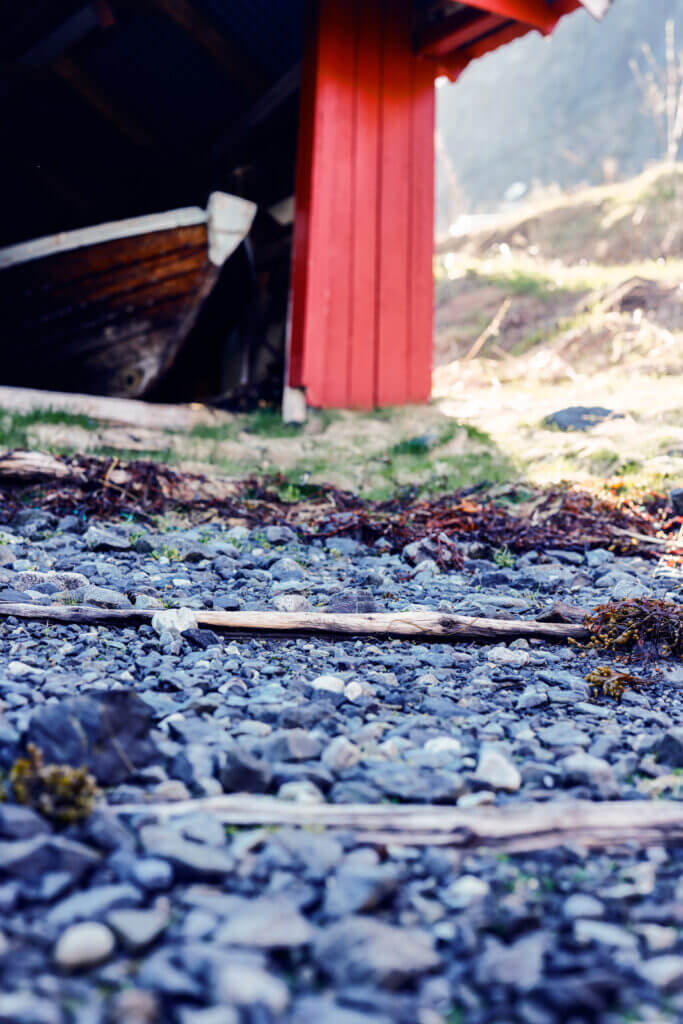Saami Council
WP10 Lead: Máret J. Hætta, prof. UiT
Maret.heatta saamicouncil.net
Ethical approaches, circular models and evaluation methods for working across different knowledge systems
Overview & Objectives
This WP builds on WP1 and ensures reflexive ethics and methodological engagement across the project. It supports co-creative and collaborative methods, enabling ongoing adjustments to promote ethical, context-appropriate practices and meaningful results. WP10 maps opportunities and challenges in co-production, develops and tests a toolkit for future Arctic research, and supports communities and practitioners. It contributes to ethical knowledge co-creation literature and adopts a circular understanding of equitable research, offering recommendations based on insights across WPs.
Ensure reflexive ethics and methodological engagement across all WPs to support co-creative and collaborative approaches, enabling continuous feedback and adjustments to promote ethical, context-appropriate research and meaningful outcomes.
Map opportunities and challenges in co-productive research and develop, test, and revise a toolkit for knowledge co-production to guide future research across the Arctic and beyond.
Support communities and practitioners engaged in co-production and, using a circular ethics framework, develop actionable recommendations for addressing future research needs, contributing to both practice and scholarship on ethical knowledge co-creation.

Ensure reflexive ethics and methodological engagement across all WPs to support co-creative and collaborative approaches, enabling continuous feedback and adjustments to promote ethical, context-appropriate research and meaningful outcomes.
Map opportunities and challenges in co-productive research and develop, test, and revise a toolkit for knowledge co-production to guide future research across the Arctic and beyond.
Support communities and practitioners engaged in co-production and, using a circular ethics framework, develop actionable recommendations for addressing future research needs, contributing to both practice and scholarship on ethical knowledge co-creation.
Activities & Relational Methods
We will evaluate ethics and methods across the project, building on earlier frameworks to continuously adjust research practices and improve outcomes. A toolkit for knowledge co-production will be developed, tested, and refined based on expert input and lessons learned from Sámi community-based projects. Tailored reporting will be created for communities, policymakers, and academia. Community workshops will identify and validate future research priorities, resulting in actionable recommendations beyond Birgejupmi.
Expected Outcomes & Impact
This WP contrubutes to various deliverables:
Report on key learnings on ethics, evaluation in audio-visual formats.
A detailed report outlining identified knowledge gaps and research priorities within the Sámi community.
Toolkit on best practices for working together with Indigenous knowledge, building on previous projects and knowledge co-production practices in this project, for guidance on effective engagement, cultural sensitivity and respect to Intellectual property rights. (WP1,10)
Personnel
Research Areas
Click each place to read more
Álaheadju/Alta is a key Birgejupmi site, hosting workshops and working with Alta Museum. The museum’s Sámi heritage work helps counter colonial silencing and supports Indigenous empowerment and sustainable, knowledge-based development.
Berlevåg is a key Birgejupmi site where youth shape visions for sustainable futures. Through workshops and exhibitions, they explore wind energy and socio-environmental change, fostering inclusive climate decisions and Indigenous resilience in East-Finnmark.
Loabák/Lavangen is a key Birgejupmi site, selected for its Sámi heritage and strong local knowledge. Working with Gamtofta siida and healer Knut Lunde’s archive fosters dialogue, research, and Indigenous knowledge revitalization in this diverse coastal area.
Unjárga/Nesseby is a key Birgejupmi site where Sámi knowledge and youth co-design shape climate, marine, and invasive species research. Workshops and exhibitions explore future visions and assess wind energy’s cultural impacts, supporting Indigenous resilience and adaptation.
Porsáŋgu/Porsanger is a key Birgejupmi site facing climate-driven ecological shifts. With Mearrasiida as a knowledge hub, the community revitalizes seal practices through workshops, supporting Sámi traditions, resilience, and sustainable coastal stewardship.
Orjješ-Ráisa/Sørreisa is a key Birgejupmi site, valued for local Sámi knowledge and community strength. In partnership with Gamtofta siida and healer Knut Lunde’s archive, it fosters research, dialogue, and Sámi heritage revitalization.
Varanger is a vital Birgejupmi site facing climate, ecological, and green transition challenges. It supports Sámi marine knowledge, inclusive governance, and local empowerment through Indigenous-led resilience efforts.